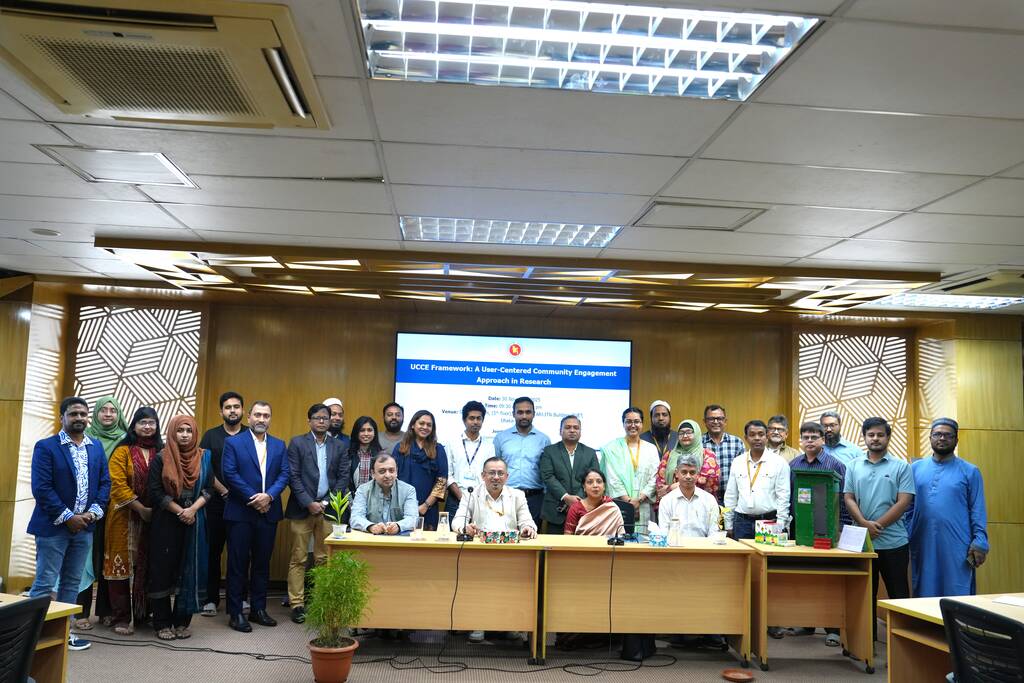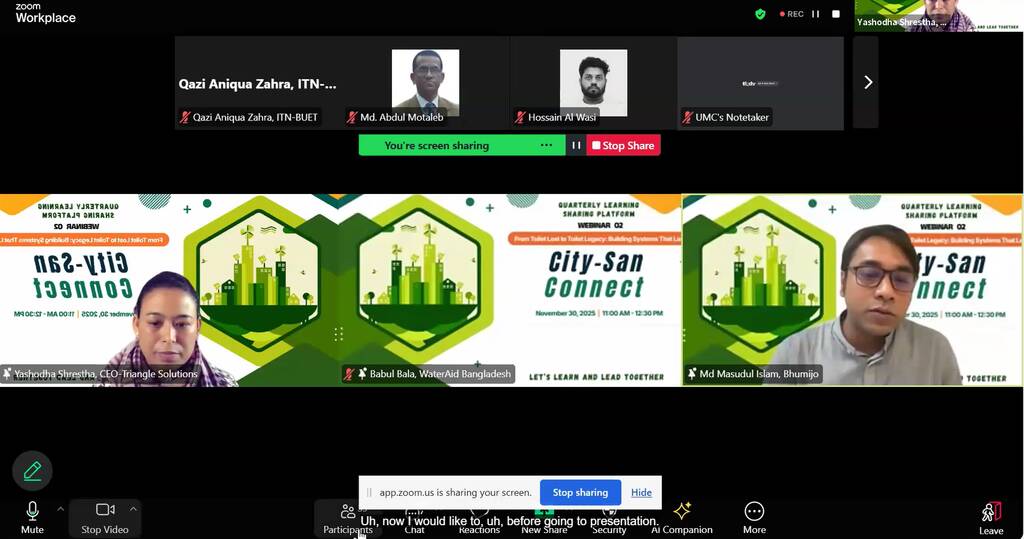“The CWIS training was excellently organised, and the content was highly beneficial for contributing to the sanitation and WASH sector in India”, said Sachin Sahani, an international participant, at a four-day Training and Experiential Learning on City Wide Inclusive Sanitation (CWIS).
ITN-BUET organised the training on July 13-16, 2024 in Dhaka. The training aimed to equip participants from both governmental and non-governmental organisations with the knowledge and skills to effectively apply CWIS principles in programme design.
Nineteen participants, including sanitation experts, engineers, practitioners, advocates, and stakeholders—four of whom were women—attended the training. The curriculum covered the essentials of CWIS, including discussions on service outcomes and the interconnected functions within the CWIS framework. Participants explored strategies for planning, designing, and managing sanitation services. The training also included case studies and field visits to Kushtia and Faridpur paurashavas, offering practical insights.
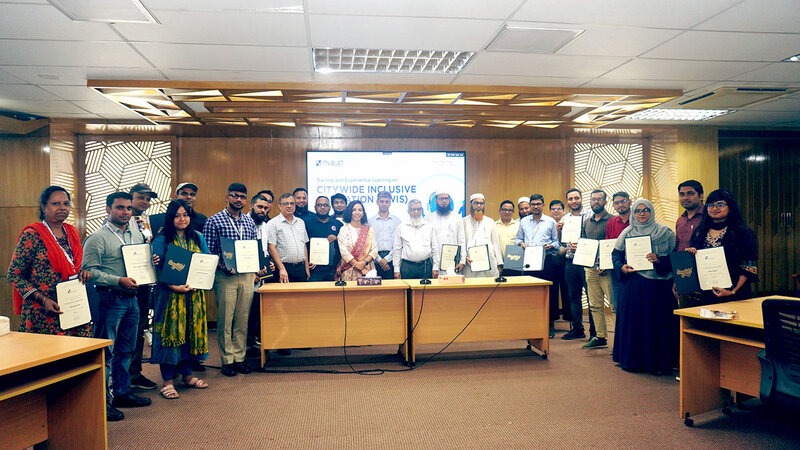
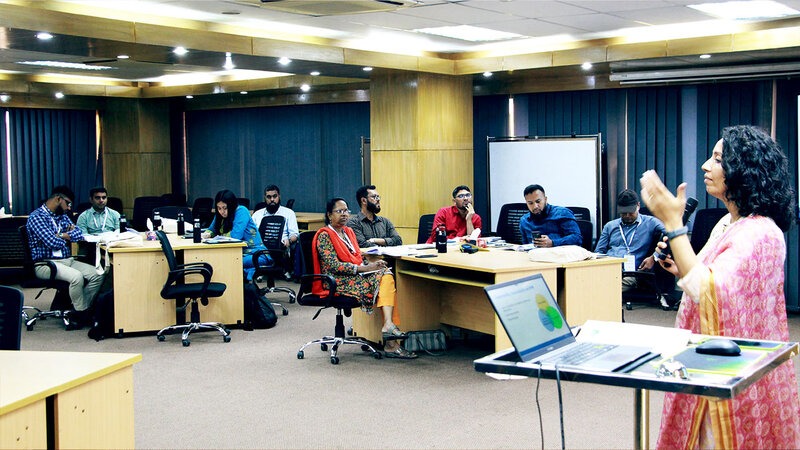
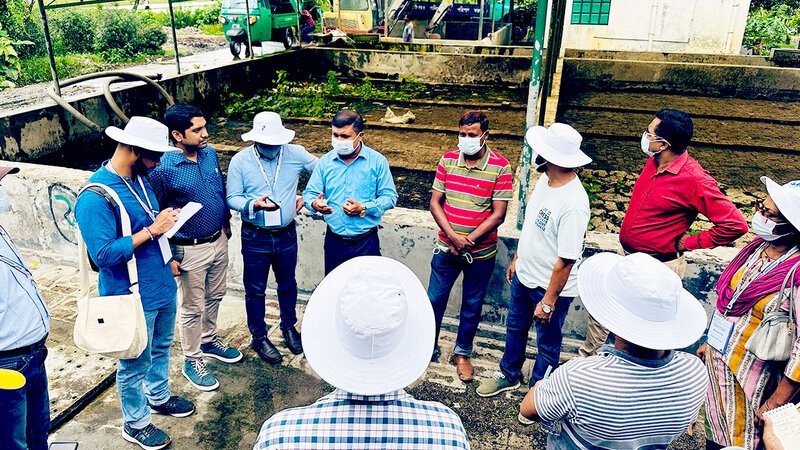
In Kushtia, participants visited a public toilet facility managed through a Public-Private Partnership (PPP) model, which grabbed their attention due to its potential for replication across Bangladesh. They also toured the Faecal Sludge Treatment Plant (FSTP) and a co-composting plant, guided by Kushtia paurashava’s Town Planner, Ranver Ahmad. This visit provided a comprehensive understanding of the facility’s operational procedures. Participants also interacted with low-income community members to understand their engagement in designing inclusive programmes. They met with Kushtia paurashava Mayor, Anwar Ali, sanitation standing committee members, and other officials to discuss leadership skills for promoting safe and inclusive sanitation. Anwar Ali emphasized, “Our goal is to create a healthier and cleaner environment for all citizens, regardless of their socio-economic status.”
The visit to Faridpur paurashava allowed the participants to observe best practices in sanitation. They engaged with local communities to witness the impact of the paurashava’s sanitation initiatives. During the visit to the FSTP in Faridpur, Executive Engineer Shamsul Alam showcased the operational protocols and demonstrated the biogas production process and its applications. The visit concluded with a session led by Faridpur paurashava Mayor Amitave Bose, who shared his leadership experience in implementing gender-focused initiatives for sanitation and Faecal Sludge Management (FSM). His commitment to inclusive sanitation practices made a lasting impression on the participants.
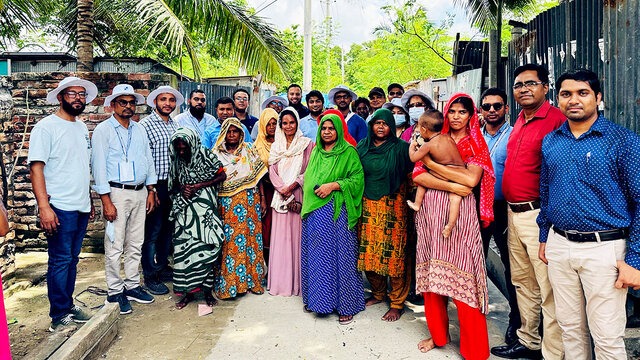
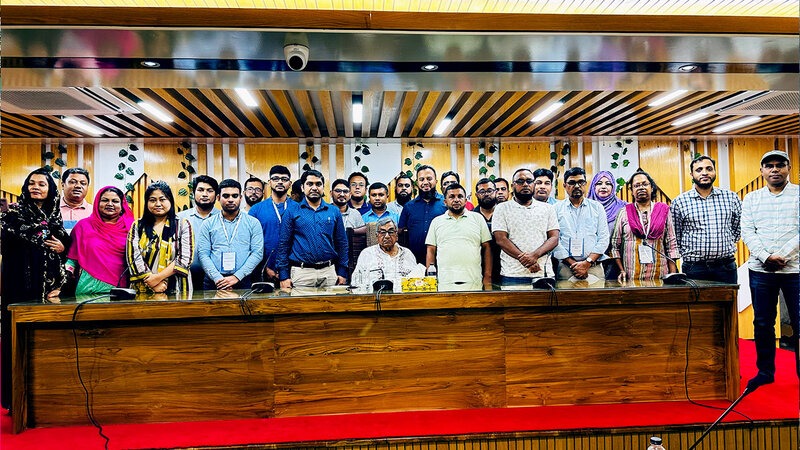
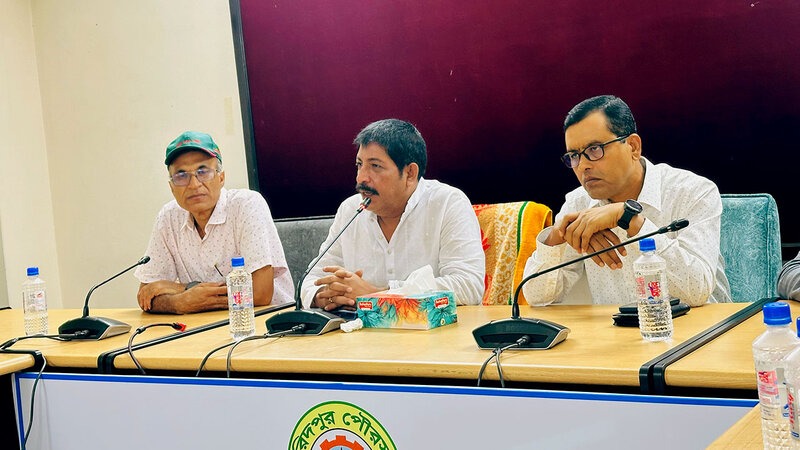
Another participant, A H M Khalequr Rahman, noted, “The resource persons of the training are very experienced. However, I would suggest extending the duration of the training program in the future so that new participants can keep up.”
The combination of training and field visits provided participants with a robust understanding of inclusive sanitation practices and practical experiences. These insights will help them promote safe, sustainable, and inclusive sanitation solutions in urban areas.



